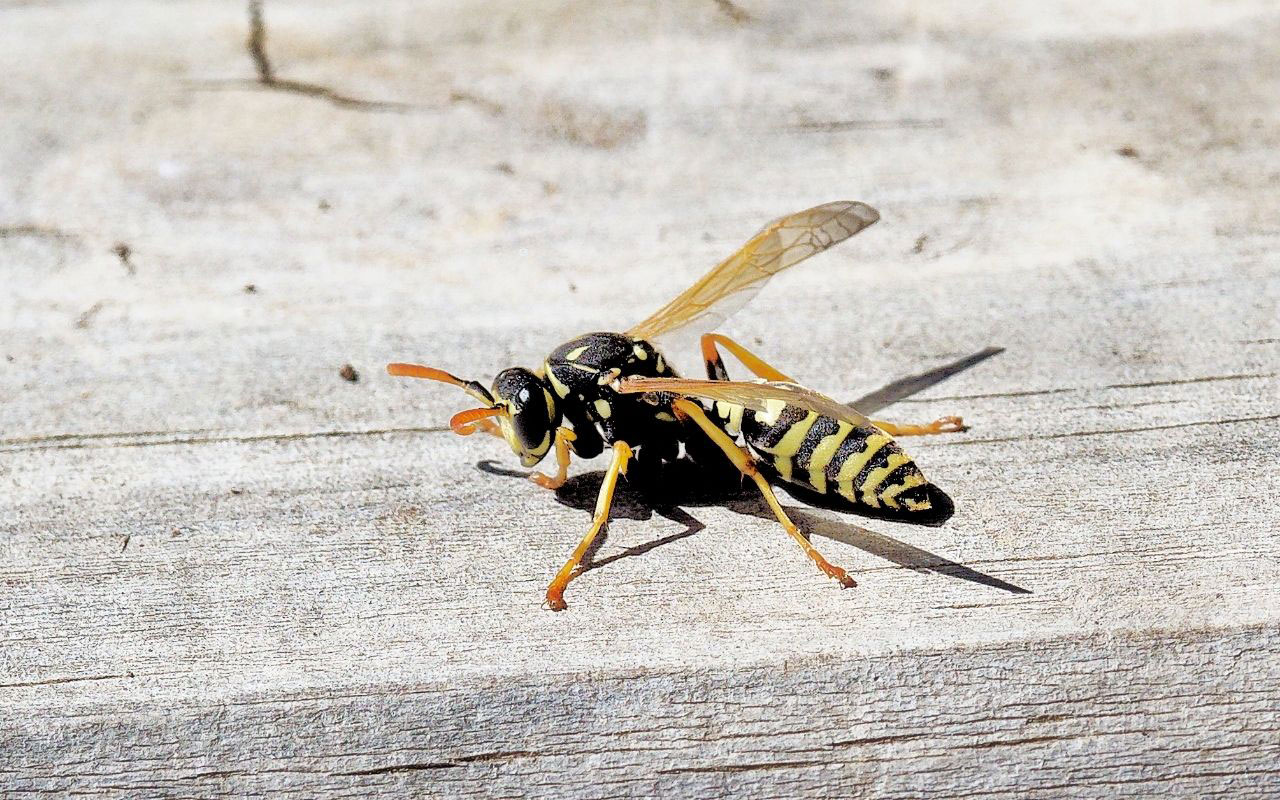

Articles
How To Keep Wasps Off Your Porch
Modified: October 20, 2024
Discover effective methods to keep wasps away from your porch with these informative articles. Take control of your outdoor space and enjoy bug-free relaxation.
(Many of the links in this article redirect to a specific reviewed product. Your purchase of these products through affiliate links helps to generate commission for Storables.com, at no extra cost. Learn more)
Introduction
Having a porch is a wonderful addition to any home, providing a cozy and relaxing space to enjoy the outdoors. However, one unwelcome guest that can quickly ruin the tranquility is the pesky wasp. These buzzing insects can be a nuisance, causing fear and discomfort for anyone trying to enjoy their porch. If you’ve found yourself constantly swatting away wasps or even worse, getting stung, then you understand the need to keep these unwanted visitors at bay. In this article, we will explore natural ways to deter wasps from your porch, ensuring a wasp-free zone for you and your family.
Key Takeaways:
- Natural methods such as removing food sources, sealing cracks, and using repellent plants can effectively deter wasps from invading your porch, creating a safe and enjoyable outdoor space.
- If natural methods are insufficient, consider using wasp traps or seeking professional pest control services as a last resort to address severe wasp infestations while prioritizing safety and environmental impact.
Read more: How To Keep Rats Off Your Porch
Understanding Wasps
Before we dive into ways to keep wasps off your porch, it’s essential to have a basic understanding of these buzzing insects. Wasps are commonly mistaken for bees due to their similar appearance, but they have distinct characteristics that set them apart.
Wasps belong to the order Hymenoptera, which also includes bees and ants. They come in various species, but the most common ones that you might encounter around your porch are yellow jackets and paper wasps. Wasps have slender bodies, a more defined waist, and longer, smoother wings compared to bees.
Unlike bees that feed on pollen and nectar, wasps are carnivorous predators. They hunt and feed on other insects, including caterpillars and spiders. However, during late summer and early autumn, their feeding preferences can shift to sugary foods, like ripe fruits and sweet beverages, which can be found on your porch, making it an attractive spot for them.
Wasps are also known for their aggressive nature when they feel threatened or sense danger. They can sting multiple times, unlike honeybees that lose their stinger after one sting. Wasps release a pheromone when they sting that can signal other wasps, potentially leading to a swarm and escalating the threat.
Understanding the habits and behaviors of wasps is crucial when it comes to keeping them off your porch. By knowing what attracts them and how they behave, you can implement effective strategies to deter them and enjoy a wasp-free porch.
Why Keep Wasps Off Your Porch?
Now that we have a better understanding of wasps, let’s explore why it’s important to keep them off your porch.
1. Safety: The primary reason to keep wasps away from your porch is safety. Wasps can deliver painful stings that can cause allergic reactions in some people. If you or your family members have allergies, a wasp sting can be especially dangerous and potentially life-threatening. By keeping wasps at bay, you can create a safer environment for everyone to enjoy.
2. Peaceful Enjoyment: Your porch is meant to be a peaceful and relaxing space where you can unwind and spend quality time with loved ones. Having wasps buzzing around can disrupt the tranquility and make it difficult to relax. By keeping wasps away, you can fully enjoy your porch without any distractions or worries.
3. Prevention of Nesting: If wasps find your porch to be an attractive spot with abundant food sources, they may decide to build their nests nearby or even on your porch. Wasp nests can be quite large and pose a risk for stings, especially if they feel threatened or if you accidentally disturb the nest. By deterring wasps from your porch, you can prevent the establishment of nests and potential hazards.
4. Protection of Plants and Structures: Some wasp species can be destructive to plants and wooden structures. They may chew on wood to construct nests, which can weaken the integrity of your porch. Additionally, wasps can be attracted to certain plants, causing damage to flowers, fruits, and vegetables. By keeping wasps away, you can protect your plants and the structural integrity of your porch.
By understanding the importance of keeping wasps off your porch, you are motivated to implement effective strategies to deter them. Let’s explore natural ways to achieve a wasp-free porch.
Natural Ways to Deter Wasps
When it comes to keeping wasps off your porch, there are several natural methods you can employ. These methods are not only effective but also environmentally friendly. Here are some natural ways to deter wasps:
-
Remove Attractive Food Sources
One of the key reasons wasps are drawn to your porch is the presence of food sources. Make sure to remove any food or drink spills promptly and keep your porch clean. Additionally, consider covering your food and drinks while you’re outside to minimize the temptation for wasps.
-
Read more: How To Keep Lizards Off Your Porch
Seal Off Cracks and Openings
Wasps can easily find their way onto your porch through small cracks and openings. Inspect your porch for any gaps or holes and seal them off. Use caulk or weather stripping to cover gaps around windows, doors, and vents.
-
Hang Wasp Repellent Plants
Some plants naturally repel wasps due to their scent or properties. Consider hanging potted plants such as mint, eucalyptus, and citronella around your porch. The strong aroma of these plants can deter wasps and make your porch less attractive to them.
-
Create a Fake Wasp Nest
Wasps are territorial creatures and will often avoid areas where they believe another colony already resides. Hang a fake wasp nest, made of brown paper bags or commercial decoys, to trick wasps into thinking that your porch is already occupied. This simple deterrent can discourage them from building their own nests nearby.
-
Utilize Essential Oils
Several essential oils, such as clove, lemongrass, and peppermint, have strong scents that repel wasps. Dilute a few drops of these oils with water and spray the mixture around your porch. This natural repellent can help keep wasps at bay.
-
Read more: How To Keep Squirrels Off Your Porch
Keep Trash Covered
Wasps are attracted to the scent of garbage, so it’s essential to keep your trash cans tightly covered. Dispose of trash regularly and maintain good hygiene practices to minimize the presence of odors that can lure in wasps.
-
Avoid Bright Colors and Floral Patterns
Wasps are often attracted to bright colors and floral patterns, mistaking them for flowers. When choosing outdoor furniture or decor for your porch, opt for neutral or dark colors to make your porch less appealing to these buzzing insects.
-
Use Wasp Traps
Wasp traps can be an effective way to control their population around your porch. Place traps a distance away from your porch to lure and capture the wasps. Fill the traps with sugar water or a mixture of dish soap and water to attract them. Remember to dispose of trapped wasps regularly.
By implementing these natural deterrents, you can create a wasp-free environment on your porch, allowing you to enjoy your outdoor space without the worry of buzzing intruders. However, if the problem persists or becomes unmanageable, it may be necessary to explore chemical solutions for wasp control.
Remove Attractive Food Sources
One of the main reasons that wasps are attracted to your porch is the presence of food sources. Whether it’s leftover crumbs, spilled sugary drinks, or ripe fruits, these items can entice wasps to pay a visit. By removing these attractive food sources, you can significantly reduce the likelihood of wasps buzzing around your porch.
Here are some strategies to remove attractive food sources and discourage wasps:
- Clean up spills immediately: Wasps are particularly drawn to sugary substances, so it’s crucial to clean up any spills, especially sweet drinks or fruit juices, promptly. Use a mild soap or vinegar solution to wipe down surfaces and eliminate any sugary residue.
- Take care of outdoor dining: If you enjoy meals or snacks on your porch, make sure to clean up thoroughly after each gathering. Remove food scraps, empty plates, and wrappers to avoid attracting wasps. Consider using covered containers or keeping food inside until you’re ready to eat to minimize the scent of food.
- Secure garbage cans: Wasps are scavengers and can be lured by the scent of decaying food in your garbage cans. Ensure that your garbage cans have tight-fitting lids that are completely closed. Regularly empty and clean your trash bins to keep them odor-free.
- Store ripe fruits: If you have fruit trees or enjoy fresh produce on your porch, make sure to store ripe fruits properly. Wasps are attracted to the sweetness of ripe fruits, so keeping them indoors or in a tightly sealed container can prevent the scent from attracting these insects.
- Minimize outdoor pet feeding: If you have outdoor pets, such as cats or dogs, be mindful of their food bowls. Wasps can be attracted to pet food, especially wet food or anything sweet. Feed your pets indoors or monitor their feeding time on the porch to prevent wasps from being drawn to the food bowls.
By consistently practicing these strategies, you can create an environment on your porch that is unattractive to wasps. Removing their food sources will make your porch less appealing, reducing the chances of them buzzing around and causing a nuisance.
Read more: How To Keep Chickens Off Of Porch
Seal Off Cracks and Openings
Wasps can easily find their way onto your porch through small cracks and openings. To minimize their entry points and prevent their access, it is important to seal off these vulnerable areas. By taking the following steps, you can effectively block their entry and keep your porch wasp-free:
- Inspect your porch: Start by carefully examining your porch for any cracks, gaps, or openings. Look for areas around windows, doors, vents, and even gaps in the foundation. Pay close attention to areas where different materials meet, as wasps can find small entry points here.
- Use caulk or weather-stripping: Once you have identified the openings, use caulk to fill any gaps or cracks in the walls, windows, or doors. Caulk is an effective sealant that can prevent wasps from gaining access. For larger gaps or spaces, consider using weather-stripping to provide a tight seal.
- Repair damaged screens: If your porch has screens, inspect them for any tears, holes, or loose edges. Repair or replace damaged screens to ensure that wasps cannot enter through these openings. Installing fine mesh screens can be particularly effective in preventing even the smallest wasps from getting through.
- Seal gaps in the foundation: Check the perimeter of your porch and fill in any gaps in the foundation with concrete or an appropriate sealant. Wasps can sometimes find their way in through these openings, so sealing them off will help keep them out.
- Install door sweeps: Consider installing door sweeps on exterior doors that lead to your porch. Door sweeps can create a barrier and prevent wasps from entering through the gap between the door and the floor.
- Inspect outdoor lighting fixtures: Outdoor lighting fixtures often have small openings or gaps where wasps can nest or hide. Check these fixtures and seal any openings using caulk or adhesive tape to prevent wasp entry.
By sealing off cracks and openings, you are effectively blocking the entry points for wasps, making it harder for them to access your porch. This proactive approach will help create a more secure and wasp-free environment, allowing you to fully enjoy your porch without the fear of unwanted guests.
Hang Wasp Repellent Plants
Another natural and effective way to deter wasps from your porch is by hanging and strategically placing plants that have repellent properties. Certain plants have scents that repel wasps, making your porch less attractive to these buzzing insects. By incorporating these plants into your porch decor, you can create a natural barrier that discourages wasps from coming near. Here are some plants known for their wasp-repellent properties:
- Mint: Mint plants, such as peppermint and spearmint, have a strong scent that wasps find unpleasant. Hang potted mint plants around your porch or place them on windowsills to deter wasps. The refreshing aroma of mint will not only fend off wasps but also add a pleasant fragrance to your outdoor space.
- Eucalyptus: Eucalyptus plants emit an aroma that wasps dislike. Hang a potted eucalyptus plant in a prominent location on your porch to keep wasps at bay. The distinctive scent of eucalyptus is refreshing for humans but acts as a natural deterrent for wasps.
- Lavender: Besides its calming effects on humans, lavender plants have a fragrance that wasps find repulsive. Hang small bundles of dried lavender around your porch or place potted lavender plants in strategic areas. Not only will lavender help repel wasps, but it will also add a touch of color and beauty to your outdoor space.
- Citronella: Citronella is well-known for its ability to repel mosquitoes, but it can also deter wasps. Plant citronella in pots or use citronella candles or torches on your porch to create a wasp-repellent environment. The citrusy scent of citronella is effective in keeping wasps away.
- Marigold: Marigold flowers have a strong aroma that can repel various pests, including wasps. Place potted marigold plants around your porch or plant them in your garden adjacent to your porch. Not only will marigolds add vibrant colors to your outdoor space, but they will also act as a natural deterrent for wasps.
When utilizing these plants, it’s important to place them strategically around your porch to maximize their repellent effects. Hang the potted plants near entry points or areas where wasps are commonly seen. Keep in mind that these plants work best when their scents are released, so avoid pruning or crushing the leaves too often.
By incorporating these wasp-repellent plants into your porch decor, you can create a more unwelcoming environment for wasps. Not only will your porch become a vibrant and inviting space, but it will also be protected from buzzing intruders.
Create a Fake Wasp Nest
A simple yet effective way to deter wasps from your porch is by creating a fake wasp nest. Wasps are territorial creatures, and they tend to avoid areas where they believe another colony already resides. By hanging a fake wasp nest, you can trick the wasps into thinking that your porch is already occupied, effectively keeping them away. Here’s how you can create and use a fake wasp nest:
- Materials: You can create a fake wasp nest using brown paper bags or commercial decoys designed to resemble a wasp nest. If using brown paper bags, crumple them up to give them a nest-like texture.
- Placement: Hang the fake wasp nest in a visible location on your porch, preferably near the areas where wasps have been regularly seen or where you’d like to deter them from.
- Size and number: Consider the size of the area you want to protect when deciding on the size and number of fake nests. Larger porches may benefit from multiple nests to create a more convincing deterrent.
- Maintenance: Wasps are territorial, but they are also observant. Move the fake nests occasionally to mimic the natural movement of a real wasp nest. This maintenance will give the impression that the nest is active and discourage wasps from getting too comfortable.
Hanging a fake wasp nest creates the illusion that your porch is already occupied, making wasps think twice before attempting to build a nest or invade the area. Just remember to periodically check the fake nests and make any necessary adjustments to maintain their effectiveness.
It’s important to note that while a fake wasp nest can be an effective deterrent, it may not completely eliminate the presence of wasps. However, it can significantly reduce their numbers and discourage them from making your porch their territory.
Utilize Essential Oils
Essential oils are not only known for their pleasing scents but also for their ability to repel wasps. By utilizing certain essential oils on your porch, you can effectively deter these buzzing insects from invading your space. Here are some essential oils that are known to repel wasps:
- Clove oil: Clove oil has a strong scent that wasps find unpleasant. Mix a few drops of clove oil with water and spray it around your porch, paying attention to areas where wasps are commonly seen. The scent of clove oil acts as a natural deterrent and can help keep wasps away.
- Lemongrass oil: Lemongrass oil has a citrusy aroma that wasps dislike. Dilute a few drops of lemongrass oil in water and use it as a spray to create a barrier around your porch. Refresh the spray regularly to maintain its effectiveness.
- Peppermint oil: Peppermint oil has a strong, minty scent that wasps find repulsive. Mix a few drops of peppermint oil with water and spray it on your porch, particularly around entry points where wasps may try to gain access. The fresh smell of peppermint will deter wasps and keep them away.
- Lavender oil: Lavender oil, besides its pleasant fragrance to humans, acts as a natural wasp repellent. Dilute a few drops of lavender oil in water and use it as a spray to create a protective barrier on your porch. This will help keep wasps at bay while adding a touch of relaxation to your outdoor space.
To utilize essential oils effectively, mix a few drops of the chosen oil with water in a spray bottle and shake well before each use. Spray the mixture around your porch, focusing on areas where wasps are typically seen or are likely to attempt to build nests. Reapply the spray every few days or after heavy rainfall to maintain its repellent properties.
Keep in mind that essential oils can evaporate over time, so it’s important to regularly refresh the spray to ensure its effectiveness. Additionally, test a small area of your porch or plants for any adverse reactions before applying essential oil sprays to the entire area.
By utilizing essential oils, you can create a natural and pleasant-smelling deterrent for wasps, making your porch an unwelcoming environment for these buzzing insects.
Read more: How To Keep Wasps Off My Security Camera
Keep Trash Covered
Proper waste management is not only important for environmental reasons but also plays a significant role in deterring wasps from your porch. Wasps are attracted to the scent of decaying food and organic waste, making open trash cans a prime target for them. By keeping your trash covered, you can minimize the odors that attract wasps and reduce their presence on your porch. Here are some tips to effectively manage your trash:
- Use sealed trash cans: Invest in high-quality trash cans with secure lids that can be tightly sealed. This will help prevent wasps from accessing the contents and minimize the odors that attract them.
- Line your trash cans: Use trash bags or liners to further seal off the garbage and contain the smells. Double-bagging can provide an extra layer of protection against wafting odors that can attract wasps.
- Dispose of trash regularly: Avoid letting your trash sit for extended periods. Dispose of garbage regularly, especially food waste, to minimize the buildup of smells that attract wasps.
- Rinse recyclables: Rinse out containers such as bottles and cans before recycling them. This will help remove any remaining food residue that can attract wasps.
- Keep outdoor trash cans away from the porch: If possible, position your outdoor trash cans away from the main area of your porch or entertaining space. Placing them at a distance can help direct the wasps away from your immediate vicinity.
- Consider covered composting: If you have a composting system on your porch, ensure it is properly covered to prevent odors from attracting wasps. Use a lidded compost bin or cover your compost pile to control the scent.
By keeping your trash covered and implementing proper waste management practices, you can significantly reduce the attractiveness of your porch to wasps. Minimizing the scent of decaying food and organic waste will discourage wasps from exploring your porch in search of a meal.
In addition to deterring wasps, proper waste management also contributes to a cleaner and more pleasant outdoor environment for you and your family to enjoy.
Avoid Bright Colors and Floral Patterns
When it comes to designing your porch and selecting outdoor furniture or decor, the choice of colors and patterns can have an impact on attracting or repelling wasps. Wasps are naturally drawn to bright colors and floral patterns, mistaking them for flowers or potential food sources. To deter wasps and create a less appealing environment for them, consider using the following strategies:
- Opt for neutral colors: When choosing furniture, cushions, or accessories for your porch, opt for neutral colors like beige, gray, or brown. These colors are less likely to attract wasps as they do not resemble the vibrant hues of flowers or fruits that wasps are naturally attracted to.
- Avoid floral patterns: While floral patterns can add a decorative touch to your porch, they can also catch the attention of wasps. Instead, choose solid colors or patterns that are less likely to resemble flowers or attract wasps.
- Opt for natural materials: Choose furniture or decor made from natural materials such as wood, wicker, or metal. These materials blend in with the natural surroundings and are less likely to catch the attention of wasps.
- Use wasp-repellent paint: Consider using paint that has been infused with wasp-repellent properties for your porch walls or furniture. These types of paint are formulated to repel insects and can provide an extra layer of protection against wasp attraction.
- Maintain a clutter-free porch: Avoid having bright or colorful objects lying around your porch. Wasps may mistake these items for flowers or other food sources. Keep your porch tidy and free from excessive clutter to minimize the risk of attracting wasps.
By consciously selecting neutral colors and avoiding floral patterns in your porch design, you can reduce the likelihood of attracting wasps. Creating a less visually appealing environment for wasps discourages their presence and helps maintain a wasp-free porch.
Remember, the goal is to make your porch appear less like an attractive food source or floral haven for wasps, ultimately deterring them from buzzing around your outdoor space.
Place a few fake wasp nests around your porch to deter real wasps from building their nests. Wasps are territorial and will avoid areas where they believe other wasps already have established nests.
Use Wasp Traps
If you’re dealing with a significant wasp problem on your porch, using wasp traps can be an effective method to control their population and reduce their presence. Wasp traps work by luring the insects into a container from which they cannot escape. Here’s how you can use wasp traps to keep your porch free from buzzing intruders:
- Choose the right trap: There are various types of wasp traps available for purchase, ranging from simple DIY solutions to commercial traps. Select a trap that suits your needs and consider factors such as the size of your porch and the level of wasp activity.
- Place the traps strategically: Position the traps a distance away from your porch, as you want to attract and capture the wasps away from your living and entertaining areas. Hang or place the traps near known wasp entry points, near garbage cans, or in areas where wasp activity is high.
- Bait the traps: Follow the instructions provided with the trap to properly bait it. Common attractants for wasps include sugary liquids like juice, soda, or a mixture of water and sugar.
- Regularly empty and maintain the traps: Check the traps regularly and empty them as needed. Wasps trapped in the container may release pheromones that can attract more wasps, so it’s essential to dispose of the trapped wasps promptly. Clean and refill the traps with fresh bait regularly.
- Consider DIY traps: If you prefer a DIY approach, you can create a simple wasp trap using a plastic bottle. Cut the top section off the bottle, invert it, and place it inside the bottom section with the opening facing down. Fill the bottom with a sweet liquid, and the wasps will be attracted to it and trapped inside.
Using wasp traps can help reduce the number of wasps on your porch, making it a more enjoyable and wasp-free environment. While traps are effective, it’s important to note that they may not eliminate all wasps in the vicinity, as new ones can always enter from elsewhere. However, they can significantly decrease their numbers and provide relief from troublesome wasp activity.
Remember to handle traps with caution and avoid placing them in areas where children or pets can access them. Additionally, if the wasp problem persists or becomes unmanageable, it may be necessary to seek professional assistance for safe and effective wasp control.
Chemical Solutions for Wasp Control
While natural and preventive methods are often the preferred approach for deterring and managing wasps on your porch, there are times when chemical solutions become necessary, especially if the infestation is severe or poses a safety risk. It’s important to exercise caution when using chemical solutions and follow the instructions carefully. Here are some options for chemical solutions for wasp control:
- Insecticide sprays: Insecticide sprays specifically formulated for wasp control can be used to directly target and eliminate wasp nests or individual wasps on your porch. It’s important to choose an insecticide labeled for wasp control and follow the instructions provided. Apply the spray during the cooler hours of the day when wasp activity is minimal, and wear protective clothing and eyewear to prevent stings.
- Dust insecticides: Dust formulations can be used to treat hard-to-reach areas such as wall voids or cracks where wasps may be nesting. The dust settles on the wasps and their nests, effectively eliminating them. Carefully follow the instructions for application, and take precautions to avoid contact with the dust.
- Commercial wasp traps: Some commercially available wasp traps come pre-baited with attractants and insecticidal properties. These traps can help capture and kill wasps that are causing a nuisance on your porch. Be sure to follow the instructions provided with the trap and handle it with caution.
- Professional pest control: If the wasp infestation on your porch is extensive, recurrent, or poses a safety risk, it may be necessary to seek professional pest control services. Pest control professionals have the knowledge, expertise, and appropriate equipment to safely and effectively remove wasp nests and prevent future infestations.
When using chemical solutions for wasp control, it’s crucial to prioritize safety. Follow all safety precautions provided by the product manufacturer or the pest control professional. Keep children and pets away from treated areas until it is safe to return. Additionally, consider the potential environmental impact and choose products that are labeled as safe for use around people, pets, and beneficial insects.
It’s worth noting that chemical solutions should be used as a last resort and in conjunction with preventive measures to ensure long-term success in keeping wasps off your porch. Regular monitoring and maintenance of your porch, along with natural deterrents, can help minimize the need for chemical intervention.
If you’re uncertain about handling chemical solutions or dealing with a particularly complex wasp problem, consult with a professional pest control expert who can provide tailored advice and assistance to keep your porch wasp-free.
Read more: How To Keep Dogs Off Porch
Conclusion
Keeping wasps off your porch is essential for creating a safe and enjoyable outdoor space. By understanding the habits and behaviors of wasps, you can implement effective strategies to deter them naturally. Removing attractive food sources, sealing off cracks and openings, and utilizing wasp repellent plants are all natural ways to discourage wasps from invading your porch.
Furthermore, creating a fake wasp nest, using essential oils, keeping trash covered, avoiding bright colors and floral patterns, and using wasp traps are additional methods to reduce wasp activity and make your porch less appealing to these buzzing insects.
If natural methods prove insufficient, chemical solutions can be considered, but they should be used with caution and as a last resort. Insecticides and professional pest control services can help address severe wasp infestations, but it’s important to follow safety guidelines and prioritize environmental impact.
In conclusion, maintaining a wasp-free porch requires a combination of preventive measures, regular maintenance, and a deep understanding of wasp behavior. By implementing these strategies, you can create a comfortable and inviting outdoor space free from bothersome wasps, allowing you to fully enjoy the beauty and tranquility of your porch.
Frequently Asked Questions about How To Keep Wasps Off Your Porch
Was this page helpful?
At Storables.com, we guarantee accurate and reliable information. Our content, validated by Expert Board Contributors, is crafted following stringent Editorial Policies. We're committed to providing you with well-researched, expert-backed insights for all your informational needs.
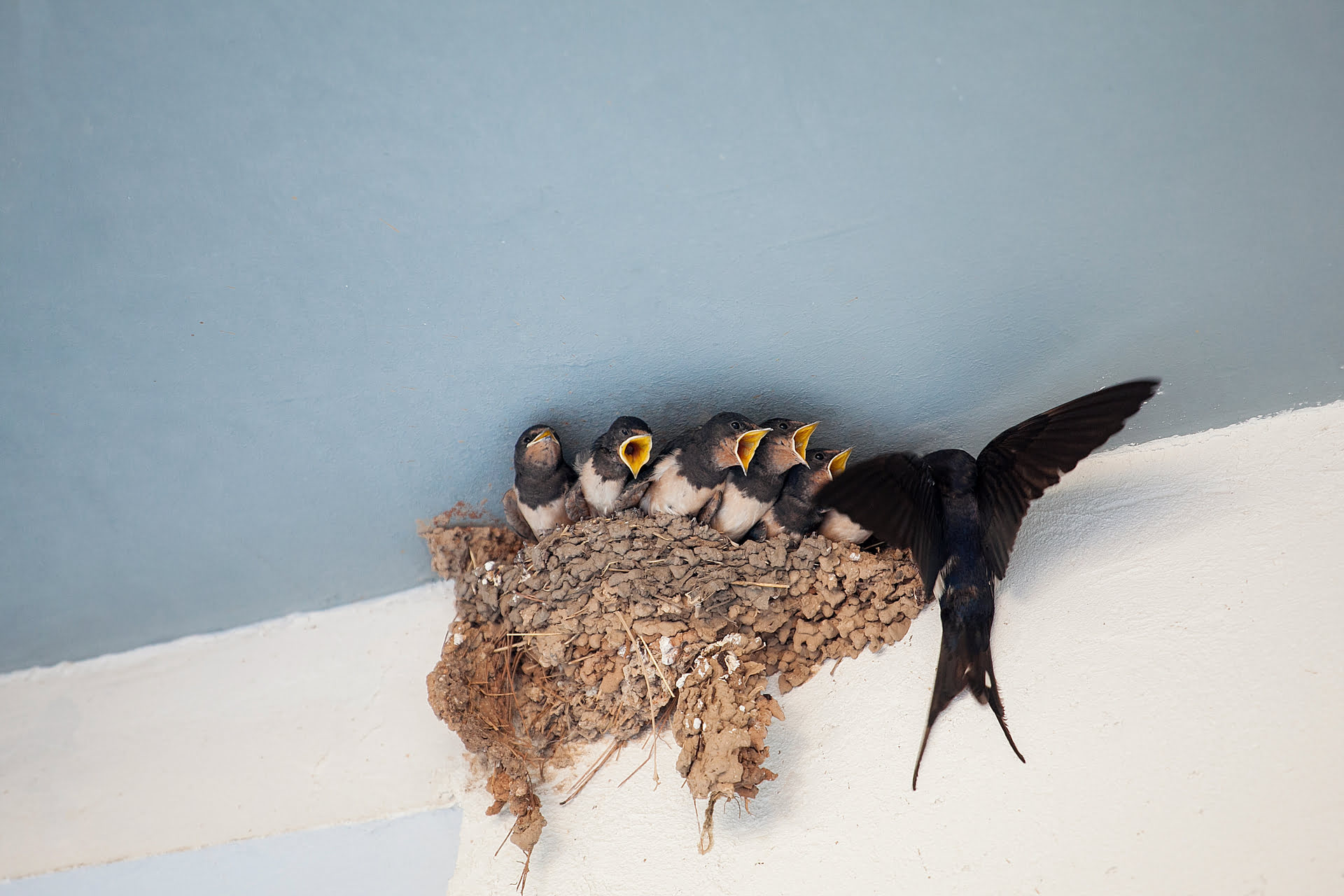
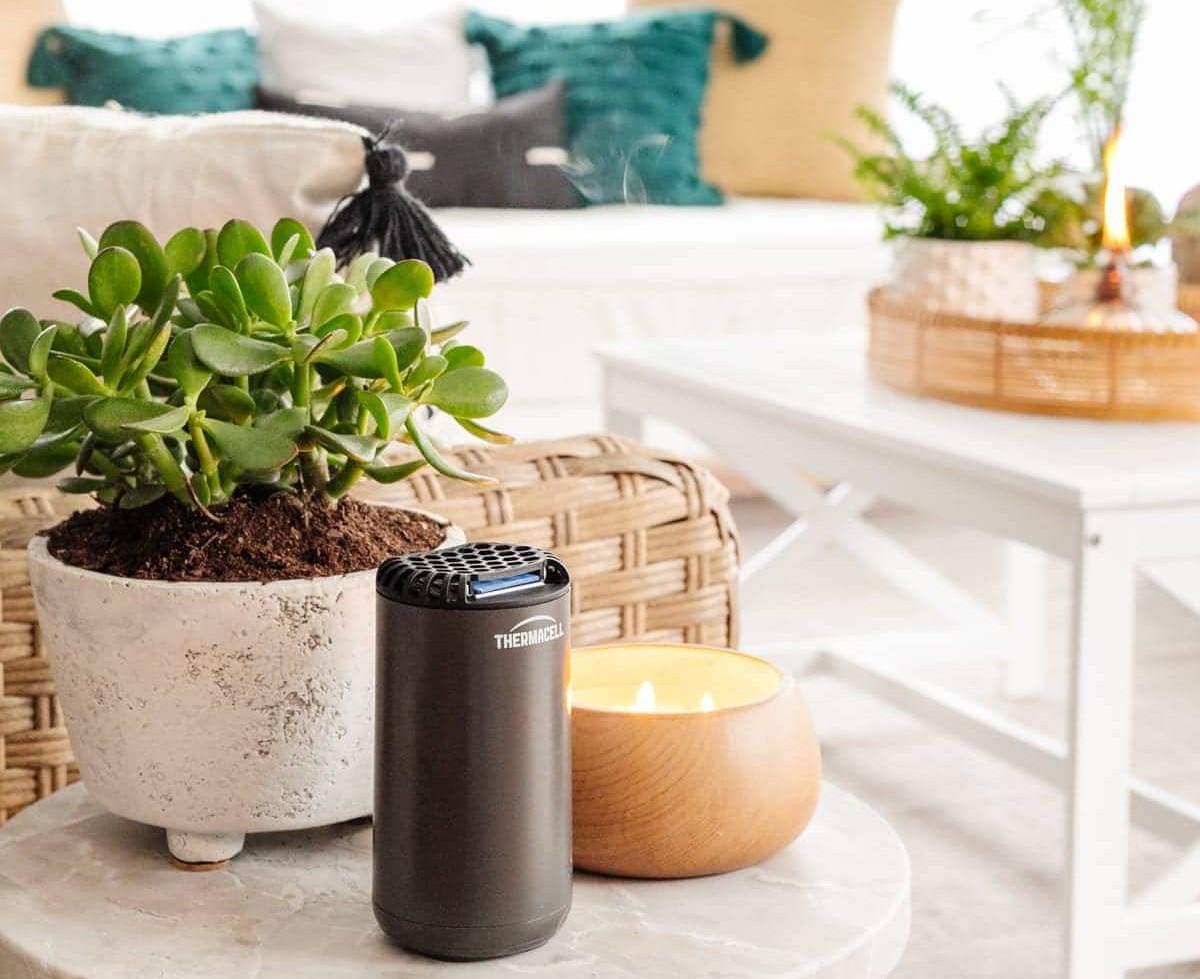
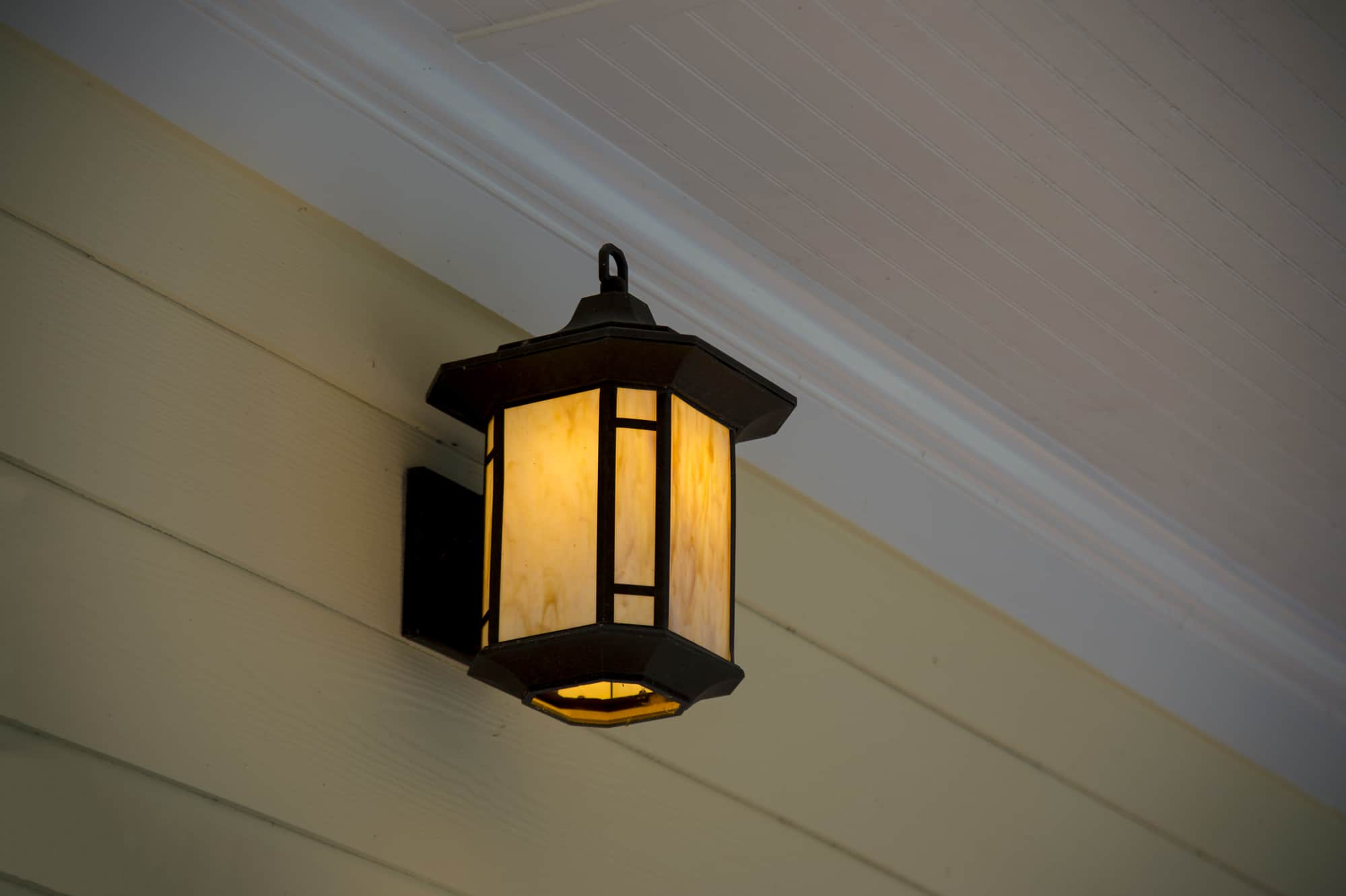


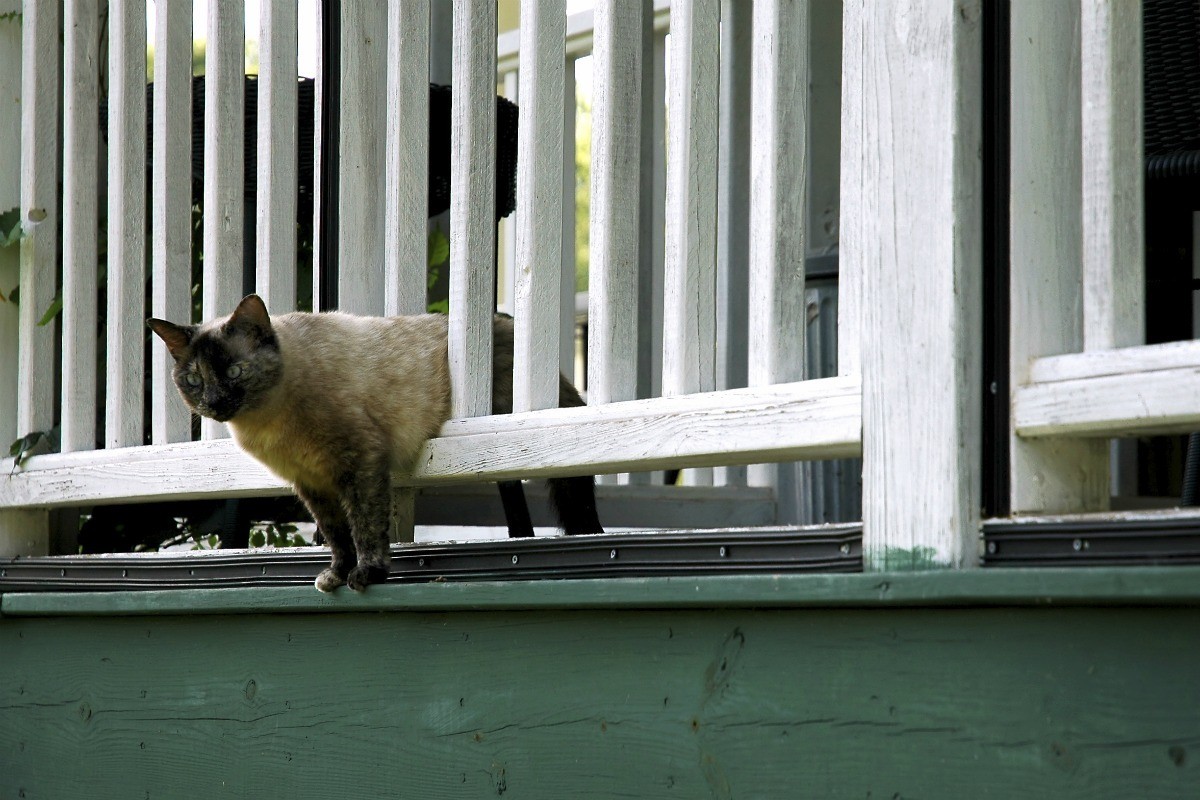
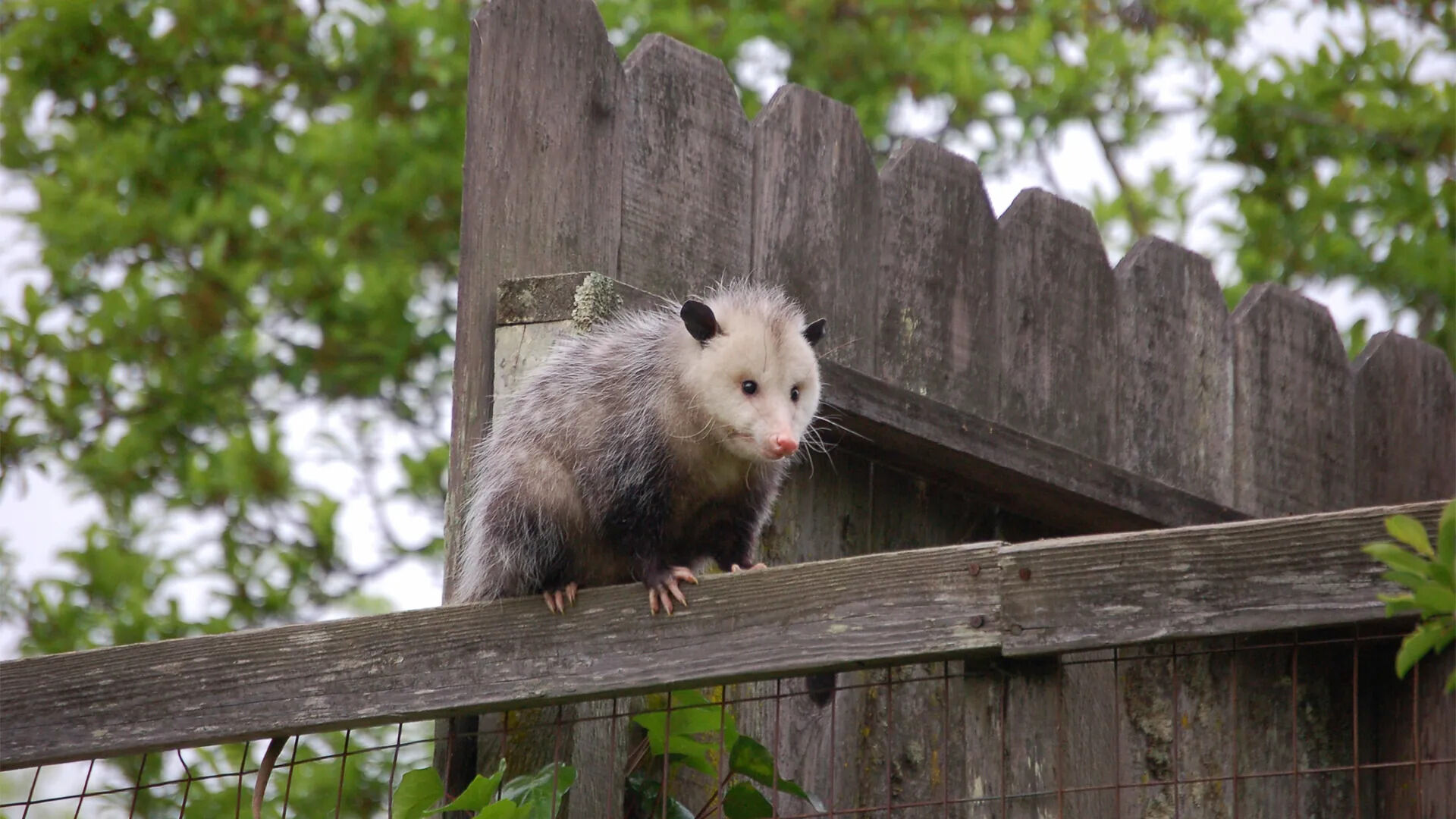
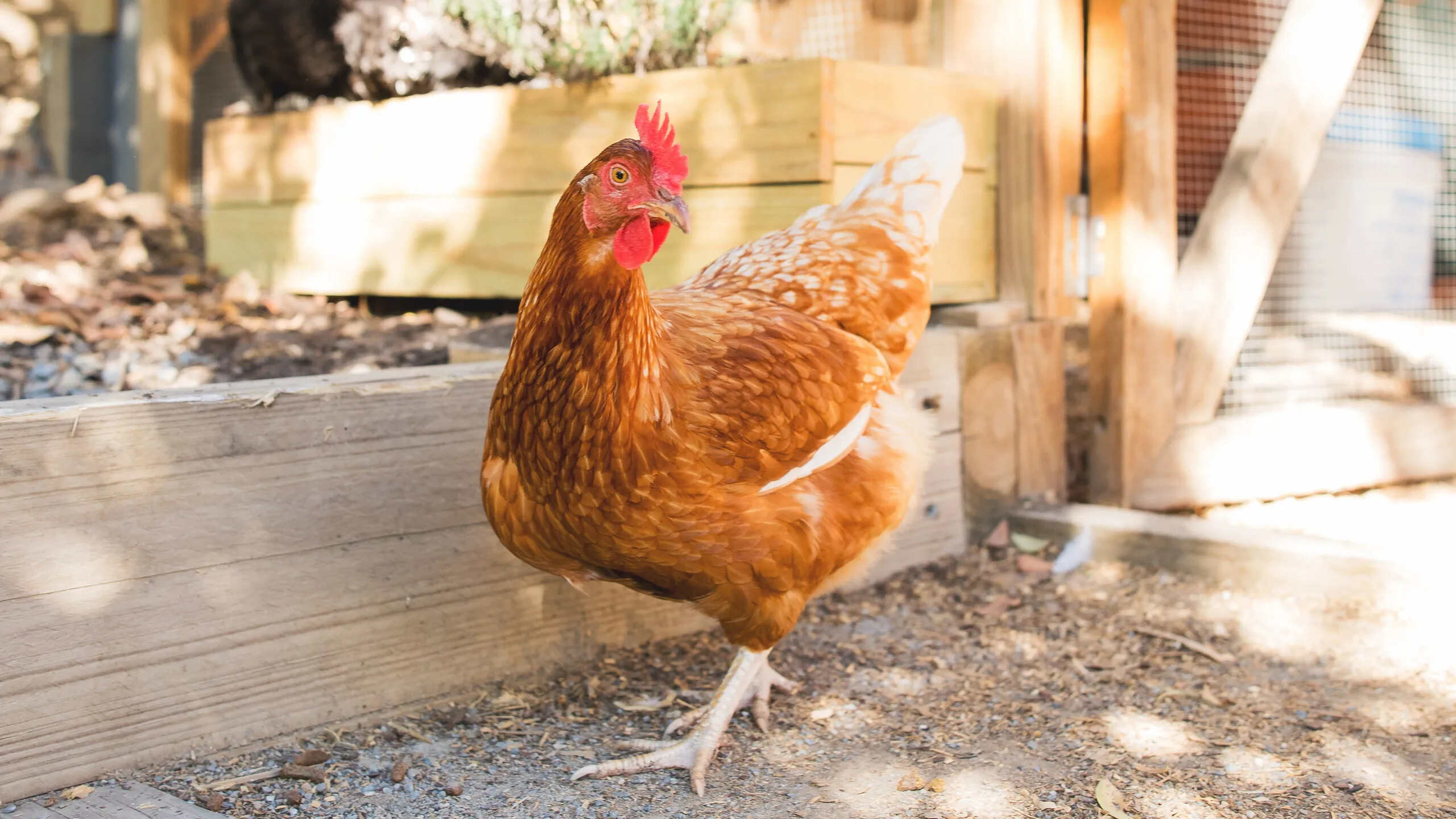
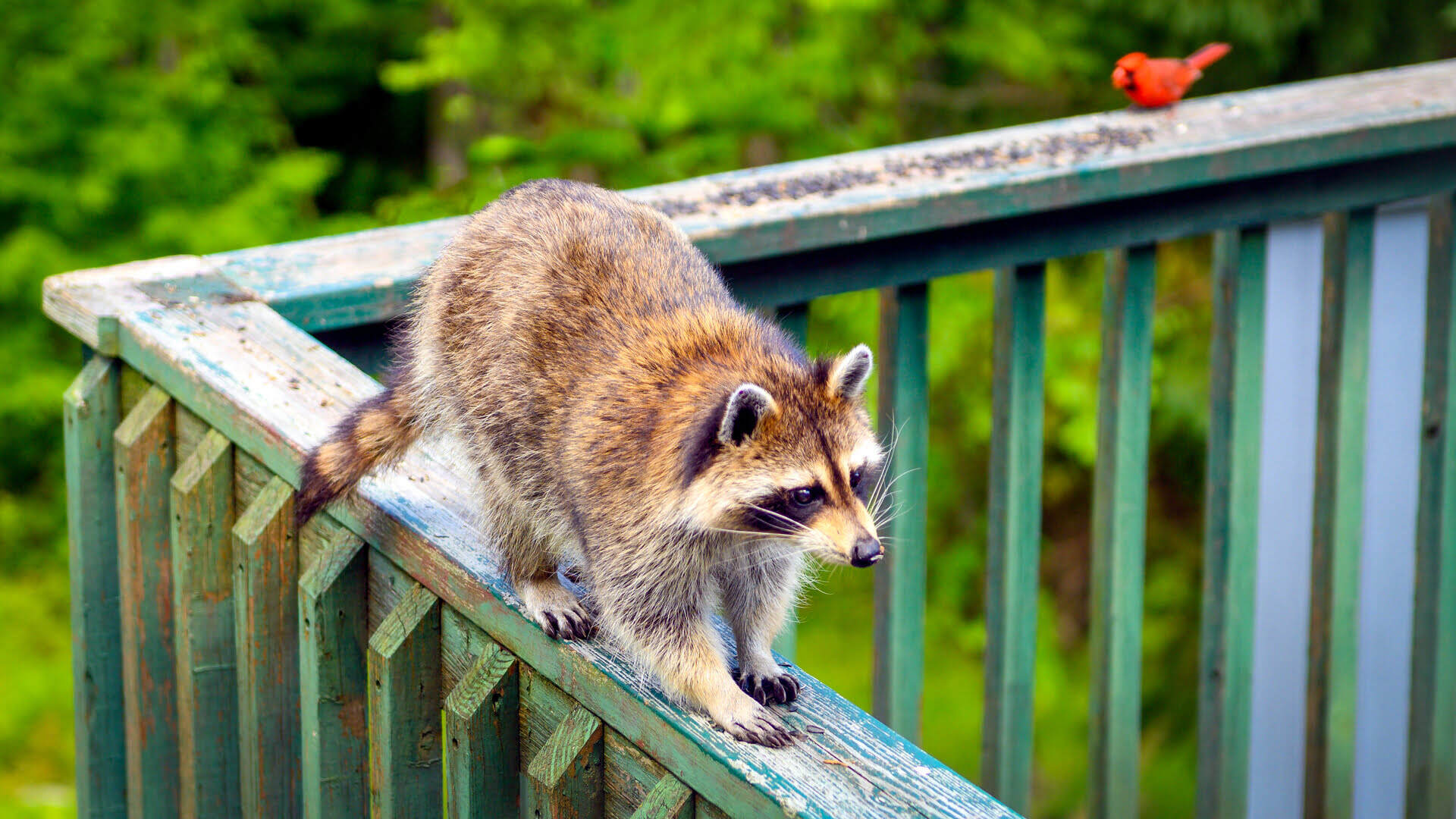
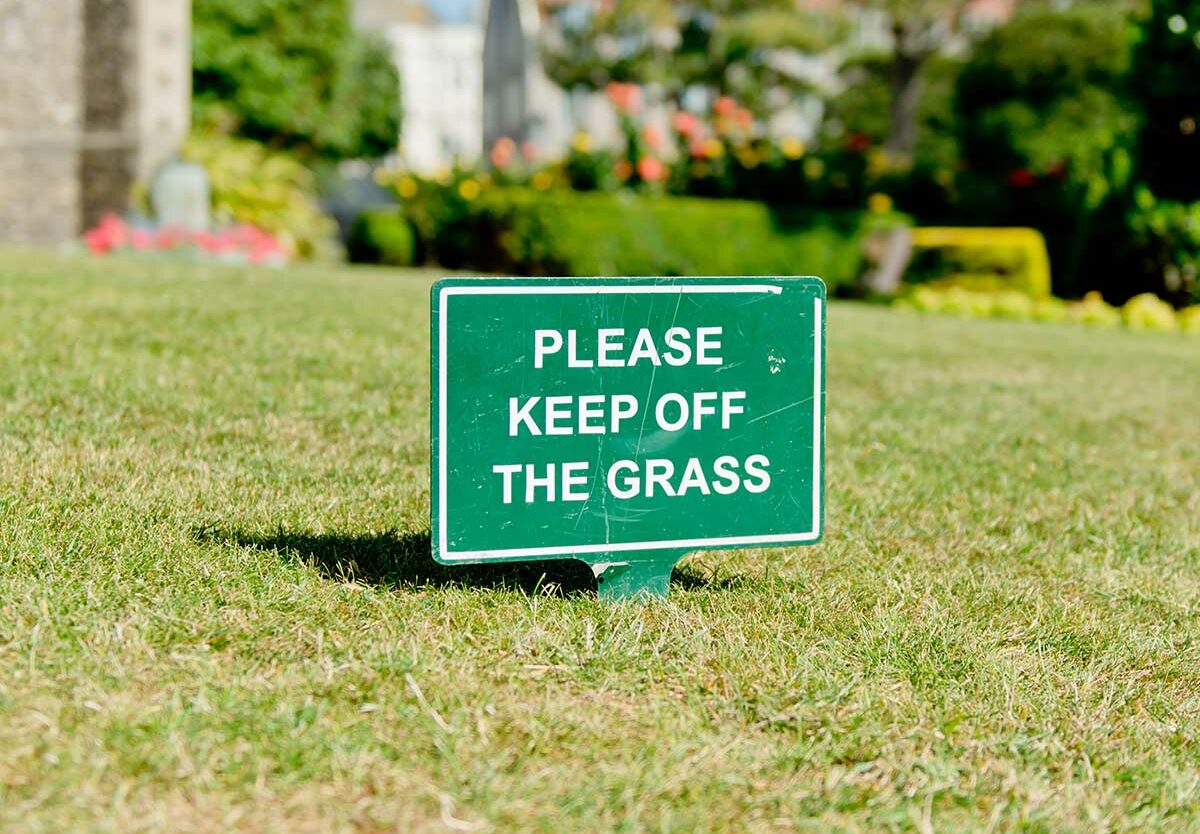

0 thoughts on “How To Keep Wasps Off Your Porch”